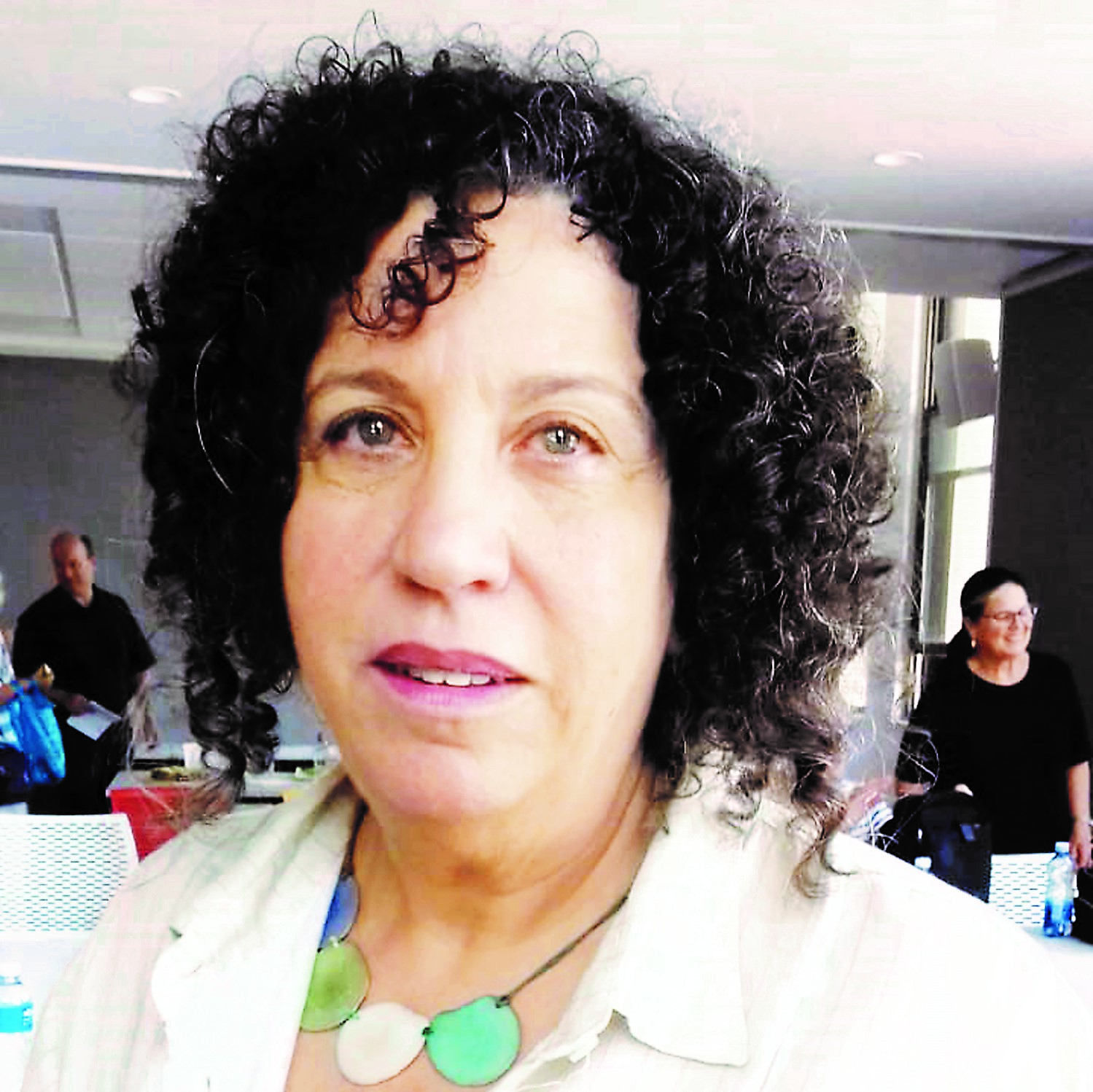
SA

Reparations claim spurs interest in Moroccan Jewry
MOIRA SCHNEIDER
“They want to project an image of a tolerant state within an extreme Arab world, and to benefit from it, especially from the Americans,” and to obtain a larger budget from the World Bank.
So said Orit Ouaknine-Yekutieli, a lecturer in the department of Middle East studies at Ben-Gurion University of the Negev (BGU), and chairperson of the BGU Fund for the research of North African Jewry, during her recent presentation at the University of Cape Town’s Kaplan Centre. She described the period of 1940 to 1942 as “extremely tense and action packed”.
“Generally there is nostalgia for the Jews, and Israel is trying to use this in diplomatic initiatives between itself and the Arabs,” Ouaknine-Yekutieli said. This was exemplified in the Oslo Accords.
She put paid to the “myth” of King Mohamed V having saved Jews in this era. “The findings of my research support Aomar Boum’s and Daniel Schroeter’s proposal that the person who had the major interest in slowing down the application of anti-Jewish regulations was Resident General Nogues rather than Mohamed V,” she said.
Over the past decade, there has been increased interest in the Vichy period in Morocco partly as a result of a process taking place in Israel, where most Moroccan Jews emigrated. A lawsuit has been initiated requesting that the Claims Conference, the body responsible for reparations to Jewish survivors of the Holocaust, pay compensation to Moroccan Jews who were abused by the Vichy regime.
“The issue is about money, and also reflects an unstated wish by certain North African Jews to be included in the hegemonic Jewish-Ashkenazi foundational narrative of the Holocaust,” Ouaknine-Yekutieli explained.
A few months ago, the court ruled against the request to pay reparations to Moroccan Jews. The matter is currently on appeal.
Following France’s surrender to Germany in World War II, the pro-German Vichy government was established. It ruled unoccupied parts of the country and French overseas possessions. The resident general (head of the French administration) in Morocco – a colony of France – pledged allegiance to the new regime, a pledge respected by the Moroccan Sultan Mohamed V and his government.
About a week after its establishment, the first version of the statut des Juifs (Jewish law) was published in France, instructing the enactment of multiple measures against Jews. About a month later, a dahir (decree) confirming these laws was signed by the Sultan Sidi Mohamed, published in Morocco, and began to be enforced.
Ouaknine-Yekutieli related that in order to apply anti-Jewish rules, detailed instructions were published explaining how to define a Jew. This set in motion a complex wave of identity politics, especially among French nationals who emigrated to Morocco to serve in the French colonial administration. They suddenly realised that they were considered to be Jews.
Some members of this group protested strongly, and demanded to be recognised as Aryans, including a doctor at a psychiatric hospital who insisted he was not of “the Jewish race”.
In August 1941, further restrictions against Jews were published, demanding that they fill in declarations of their property. Part of a process that had already begun in France, it was labelled the “Aryanisation of the economy.”
Its goal was to confiscate Jewish property and transfer it, through the operation of provisional administrators, into Aryan hands. Preparations for this operation began in Morocco in early 1942, primarily as an initiative of the Légion Française des Combattants (LFC), an organisation propagating Vichy’s policies in the civilian sector.
Ouaknine-Yekutieli said it appeared that the right-wing LFC was the main force pushing the application of the anti-Jewish laws, while the local administration often attempted to delay many of them. “Indeed, as part of the pressure by the LFC, candidates began sending requests and CVs to protectorate headquarters applying for the post of provisional administrator of Jewish property.
“The answer they usually received was, ‘Thank you, we’ve noted down your names, but this process hasn’t started yet in Morocco’. Fortunately, before the plan became operational, the Americans landed in Morocco and it was aborted,” she said.
Attempts to exclude Jews – a major element – from the Moroccan economy, also didn’t go as planned. Sometime after the application of the new economic plan, Muslim businessman Ahmed Ben-Kiran complained to the French authorities of accumulating problems.
“The new economic regulations have hit Muslim merchants. Once, resourceful intermediaries, primarily Jews, were taking care of the import of raw materials and products,” he wrote. “Today, not only has that marketing stopped, but the Moroccan merchants don’t know how to act … the instructions are confusing and aren’t circulated well.” Hence, in order to function, the Moroccan economy of the early 1940s needed Jewish collaboration, Ouaknine-Yekutieli said.
It worked the other way around as well. Jews needed Muslim collaboration. It appears that when rumours about the approaching Aryanisation of the economy spread, Jews began selling their property to Muslims.
“It seems that many sensed what was about to happen, and in order to save their property from confiscation, they made sure to transfer it to friendly Muslim hands for the time being.”
Parts of the Moroccan economy were “deeply dependent” on Muslim-Jewish collaboration. “A sudden break of this interdependence could have been disastrous in the already fragile economic conditions of Morocco in a situation of a global war.
“I propose that the resident general sensed this situation, and therefore delayed many of the restrictions against Jews,” Ouaknine-Yekutieli said.
On 8 November 1942, the Americans landed in Morocco. After a short battle against the French in which the Moroccans didn’t interfere, they took over the country, liberating it from Vichy rule. Morocco became a French protectorate ruled by De Gaulle’s Free France.
Pre-war, there were 300 000 Jews in Morocco, constituting 10% of the population, with their role in the monarchy and the state disproportionately larger than their numbers would suggest. Today there are about 5 000 Jews left.




